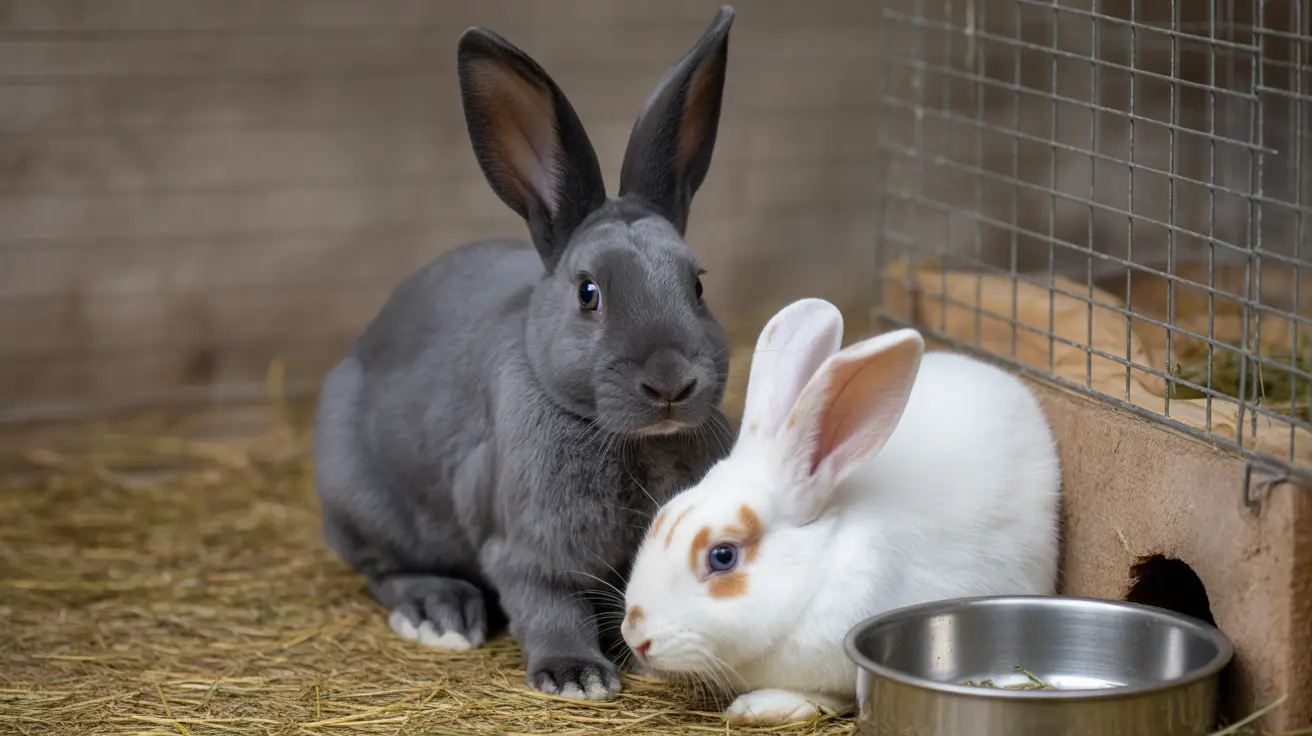What Dog Is Least Likely to Bite? Understanding Breed Temperaments
When choosing a family pet, especially for households with children, one of the most critical concerns is safety. While any dog can bite given the right circumstances, certain breeds are statistically and behaviorally less likely to resort to aggression. In this article, we’ll explore the traits, behaviors, and specific dog breeds that are least likely to bite, helping you make an informed choice for a loyal and safe companion.
Why Some Dogs Are Less Likely to Bite
Dog bite incidents are complex and rarely occur without warning. However, several factors influence a dog’s likelihood to bite:
- Breed temperament: Some breeds are bred for docility and sociability.
- Training and socialization: Well-trained dogs bite less frequently.
- Environment: A calm, loving home reduces stress behaviors in dogs.
- Genetics: Dogs bred from stable temperaments tend to be safer pets.
It’s important to remember that breed is not the only factor; individual personality, upbringing, and treatment all play significant roles.
Top Dog Breeds Least Likely to Bite
The following dog breeds are commonly recognized for their gentle demeanor and low aggression levels:
- Golden Retriever: Known for their affectionate and friendly nature, Golden Retrievers are patient, intelligent, and eager to please—traits that make them one of the top family-friendly dogs with very low bite risks.
- Labrador Retriever: Labs are playful, sociable, and highly trainable. Their love for human interaction makes them less prone to bite unless severely provoked.
- Boxer: Energetic and loyal, Boxers are protective of their families but rarely aggressive when properly trained and socialized.
- Cavalier King Charles Spaniel: This small breed thrives on companionship and rarely shows aggressive behavior.
- Newfoundland: Sometimes called the “gentle giant,” these dogs are patient, calm, and exceptionally tolerant, especially around children.
- Poodle (Standard, Miniature, and Toy): These intelligent dogs are sensitive to their surroundings and respond well to gentle correction, which reduces stress-related biting incidents.
- Bernese Mountain Dog: Friendly and affectionate, this large breed is gentle-natured and loves being around people.
Key Traits of Low-Aggression Breeds
Dogs that are less likely to bite typically share several core traits:
- Stable temperament: Calm, predictable behaviors that don’t escalate quickly under stress.
- High social tolerance: Comfortable with other people and pets.
- Responsiveness to training: Easy to teach appropriate behaviors.
- Low prey drive: Less likely to react aggressively to movement or small animals.
The Role Of Socialization And Training
No matter the breed, early socialization and consistent training play a critical role in determining how likely a dog is to bite. Introducing your dog to people, environments, and other dogs from a young age helps establish confidence and reduces fear-based aggression. Basic obedience training is equally essential, teaching your dog to respond positively to commands and boundaries.
Tips to Prevent Dog Biting
In addition to choosing a gentle breed, here are a few practices every dog owner should follow to prevent dog bites:
- Spay or neuter your dog: Fixed dogs are generally less aggressive.
- Never leave young children unattended with any dog.
- Recognize your dog’s stress signals such as growling, licking lips, or attempting to move away.
- Consult a behaviorist for concerns about aggression or anxiety.
- Reinforce positive interactions: Always reward gentle, calm behavior with affection or treats.
Conclusion
While no dog is completely immune from reacting with a bite, some breeds—like the Golden Retriever—are naturally less inclined to do so due to their mellow disposition and affectionate traits. By understanding breed characteristics, adequately socializing your pet, and practicing responsible ownership, you can minimize the risk and enjoy many years with a faithful, gentle friend by your side.





